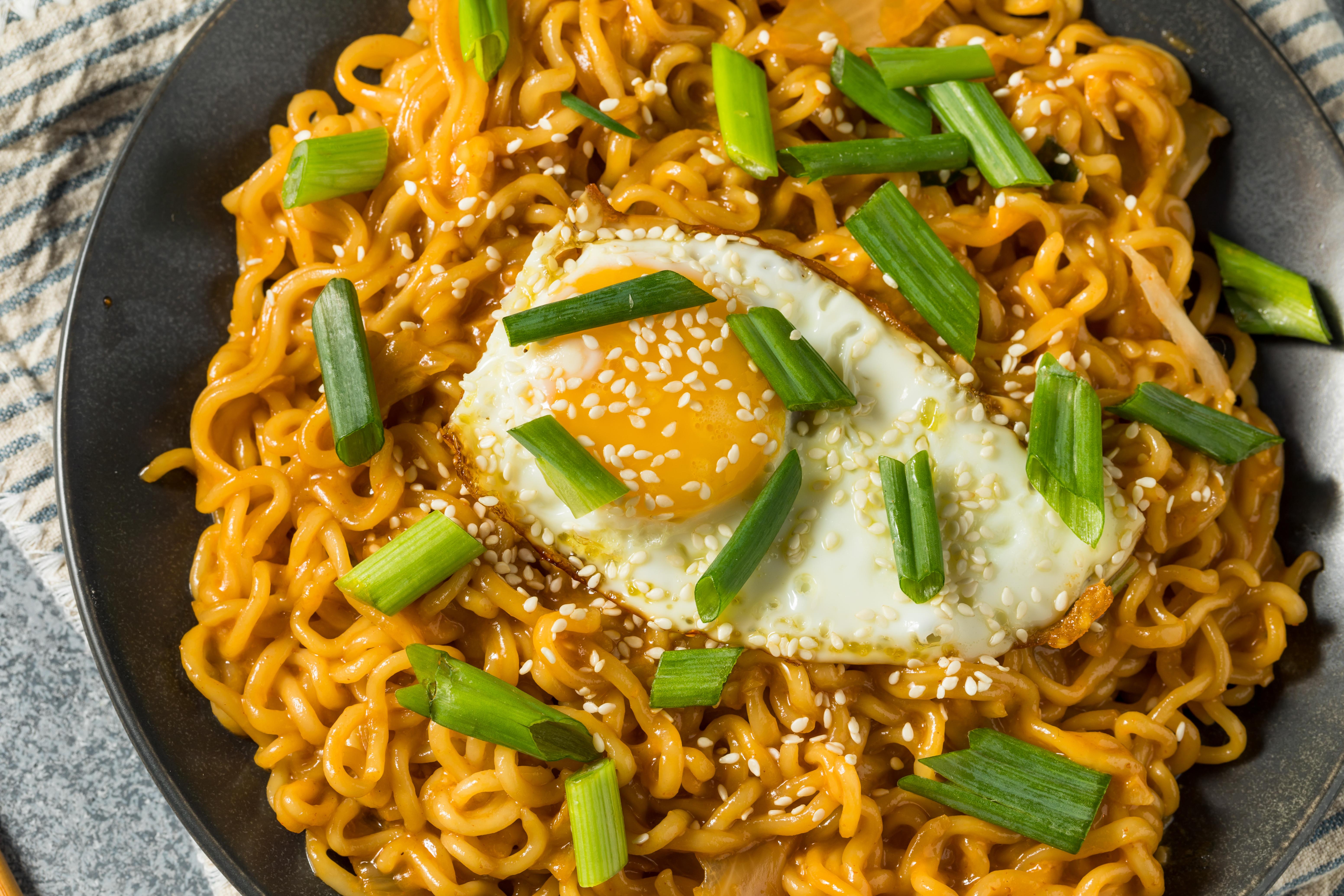11 Sneaky Brain-Fog Culprits Hiding in Your Daily Diet
7. MSG: The Flavor Enhancer with a Catch

Monosodium glutamate (MSG) is a flavor enhancer commonly used in processed foods and restaurant dishes. While it enhances taste, MSG can have adverse effects on brain health. Some individuals are sensitive to MSG, experiencing symptoms such as headaches, fatigue, and brain fog. MSG can overstimulate glutamate receptors in the brain, leading to neurotoxicity and cognitive impairment. Avoiding foods high in MSG and opting for natural seasonings can help reduce these symptoms and improve mental clarity.
8. High-Fructose Corn Syrup: The Sweet Saboteur

High-fructose corn syrup (HFCS) is a sweetener found in many processed foods and beverages. It is metabolized differently than regular sugar and has been linked to obesity, insulin resistance, and inflammation. HFCS can impact the brain by altering insulin signaling, which is crucial for cognitive function. Studies have shown that a diet high in HFCS can impair memory and learning abilities. Reducing intake of HFCS by choosing whole foods and natural sweeteners can support brain health and reduce brain fog.
